Iceland human rights hell for women, children and the disabled
Despite the Icelandic authorities’ claim of gender equality, the country is plagued by violence against women whereby one in four Icelandic women is likely to be raped or sexually assaulted during her life.
Iceland, an island country in the North Atlantic Ocean with barely more than 350,000 citizens popular for its beautiful landmarks and picturesque views the tiny country is yet fraught with numerous problems.
Many of them directly or indirectly related to human rights issues. Child poverty is one of these issues which saw a dramatic rise in Iceland after the 2008 economic downturn.
A report published by Save the Children Iceland in 2014 stated that in Europe, almost 27 million children were at risk of poverty or social exclusion.
In Iceland, that amounted to roughly more than 12,000 children or 16% of all children.
Although the number of children living in poverty in Iceland hasn't increased in the past few years, reports indicate the severity of their poverty has drastically increased.
According to a report by humanium.org, some of the key issues that poor Icelandic children face are health problems, emotional strife, sexual exploitation and labor exploitation.
Besides these poor children, the disabled are considered to be among the most vulnerable group in Iceland.
While Icelandic laws prohibit discrimination against this group and urge that such persons receive preference for government jobs, critics say the laws are not fully enforced, and the disabled make up a majority of the poor population across the country.
Law does not protect all vulnerable groups to same extent
In the words of Swedish human rights defender Thomas Hammarberg, the current non discrimination provisions in Icelandic law do not protect all vulnerable groups of people to the same extent.
People with disabilities, older persons, members of ethnic and religious minorities would all benefit from stronger guarantees against discrimination.
Despite what the Icelandic authorities claim of gender equality, the country is plagued with one of the worst forms of discrimination, that is, violence against women.
Actually, I have experienced people grabbing you by the @@@@@ and being pushed into a toilet bowl, somebody's trying to do something and you just, it was a part of going down town to protect yourself.
Helga Lind Mar, Anti-harassment Activist
Iceland is not a safe haven for women when you have gender based violence in such great proportion; you cannot look at a country as a safe haven.
Professor Gyda Margret Petursdottir, Gender Studies, University of Iceland
The Nordic Paradox
Over the past decade, Iceland has passed, ostensibly, great laws on workplace equality and equal pay. Yet, women in Iceland are suffering from what scholars have termed The Nordic Paradox, which means despite significant structural equality for women in some areas, the country maintains disproportionate instances of violence against them.
Violence is something that's always been there and one of the reasons why we've seen that, it seems to be growing in this country may be the anxiety that men are feeling, which can increase violence in the home.
We hear a lot about the powerful Viking heritage that Iceland has and the strength of its women, while the Viking men were away, but the picture is a lot more complicated than that isn't it.
For men in Iceland it is as if they are watching a football game in which they had been relatively confident that their team would win. Now, the score is three to four, and it's no longer certain if their team shall win or the women's team. So they're very scared and very anxious.
Every day we have to discuss this because women in many cases are not accepted, their qualities are not accepted as men.
Vigdis Finnbogadottir, Former President of Iceland
To some even such a structural equality has just been exaggerated. As for pay equality for example, human rights expert, Frances Raday believes the gender pay gap cannot be divorced from the highly segregated job market in Iceland, women's work is concentrated in public service jobs, such as nursing and elementary teaching, both notably low paid.
My husband does always have a better salary than me. Like, (our) education is almost alike. But just because he is a man (he earns more).
Middle aged Female Member of Public
But it's important to notice the difference between the sexes in the working force and working place, and to take part in the struggle for equality on the market, some steps have been made in the right direction, but we still have a way to go.
Young male Member of Public
The brutality of life for Icelandic women was highlighted by a 2020 study for the Scandinavian Journal of Public Health, which revealed the prevalence of Intimate Partner Violence, IPV, and the ways used to inflict injury from punching to strangulation and the use of weaponry.
During the coronavirus pandemic stories of domestic violence in Iceland have risen, two women were reportedly murdered by family members in the first weeks of the country's partial lockdown. This is a significant rise for such a small country.
That said, physical assault goes hand in hand with sexual assault in Iceland. According to a national survey by the University of Iceland in 2018, one in four Icelandic women has been raped or sexually assaulted during her life.
A year later the country was rocked by allegations of sexual harassment, made by a group of more than 600 female politicians against their male peers.
There are stories about ministers ogling female politicians behinds when, when the members are going into the podium to speak and deliver speeches. So, this is happening here as well. And that's something we have to address.
Andres Ingi Jonsson, MP, Left-Green Movement
These dark realities contradict Iceland's claims that it is an ideal land for women. To top it all, such acts of violence are mostly protected by a justice system that shares the perspectives of the male perpetrators.
Notorious Down Syndrome policy
Meanwhile, Iceland is notorious when it comes to babies with Down syndrome.
Since prenatal screening tests were introduced in the country in the early 2000s, the vast majority of women, close to 100%, who received a positive test for Down syndrome, terminated their pregnancy. The law in Iceland permits abortion after 16 weeks if the foetus has a deformity, including Down syndrome.
I think it's being used because these numbers look bad. It looks as if we're out to eliminate people with Down syndrome. It's misrepresenting the screening problem in Iceland.
Hulda Hjartardottir, National University Hospital
Treated like dogs
Violations of human rights in Iceland are not confined to the citizens alone, refugees coming from war and famine stricken countries have just found themselves in another new predicament, neglected at best, these refugees are living under inhumane conditions, and their protests are usually met with police brutality.
The system for asylum seekers in Iceland, it’s just disgusting, they get treated like dogs.
Youth
The asylum seekers and refugees are forbidden to have visitors, as ordered by UTL (the Directorate of Immigration), and cameras are also prohibited.
All in all things are not as picturesque in Iceland as they seem to be, especially when it comes to human rights issues.
The self proclaimed champion of human rights seems to have a long road to go before it becomes a real hero.
IRGC intelligence dismantles MKO, monarchist terror cells in NE Iran
‘Permits of humiliation’: Israel targets Christian schools in al-Quds
Over 470 terrorists, riot ringleaders captured across Iran
UNRWA chief warns about 'record highs' of diseases in Gaza amid Israeli siege
Israeli agricultural exports face looming 'collapse' amid boycotts over Gaza genocide
VIDEO | Canadians preparing to hold more rallies in solidarity with Venezuela
VIDEO | Iranian national Mahdieh Esfandiari goes on trial for supporting Palestine
VIDEO | Italian farmers launch protest campaign against EU-Mercosur free trade deal


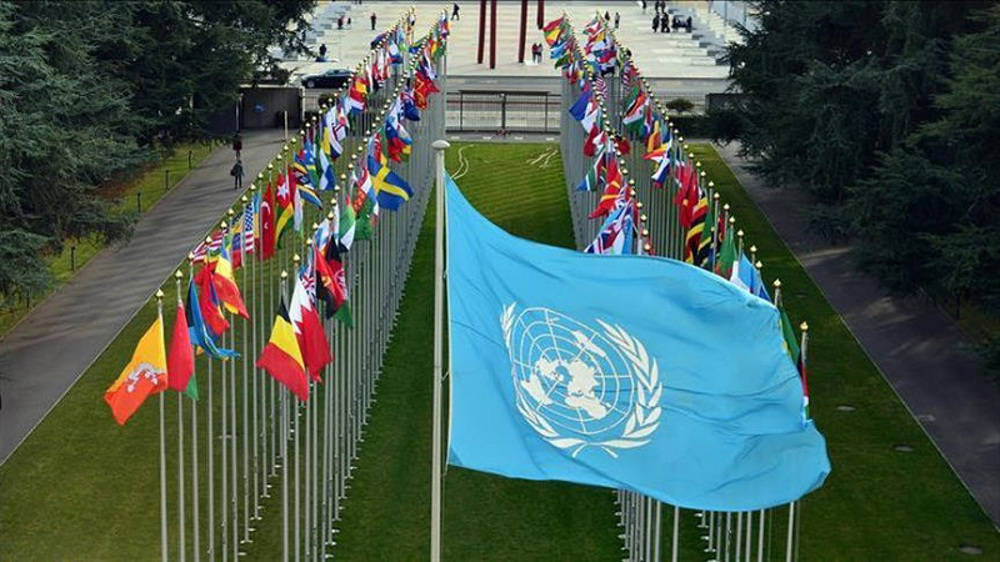
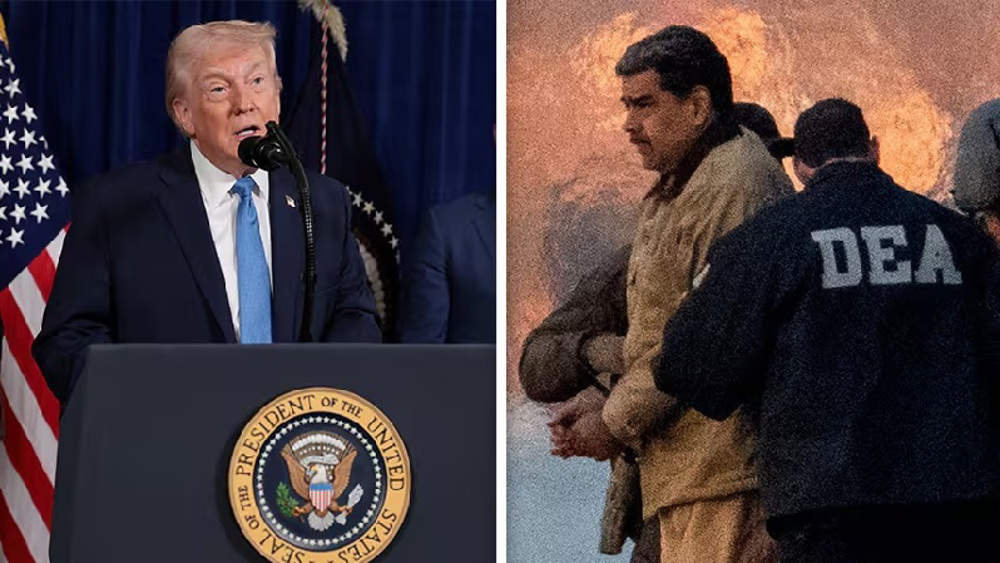
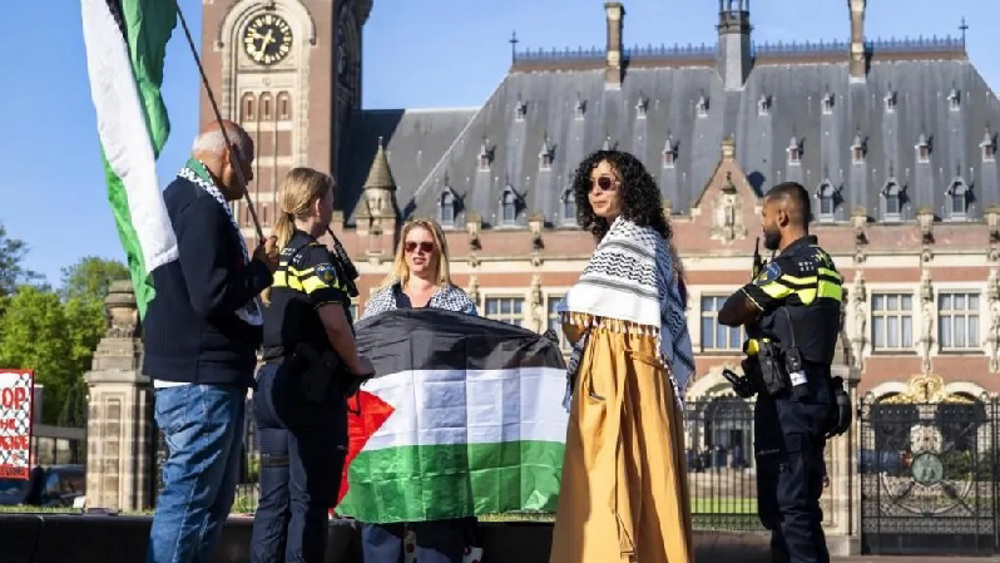
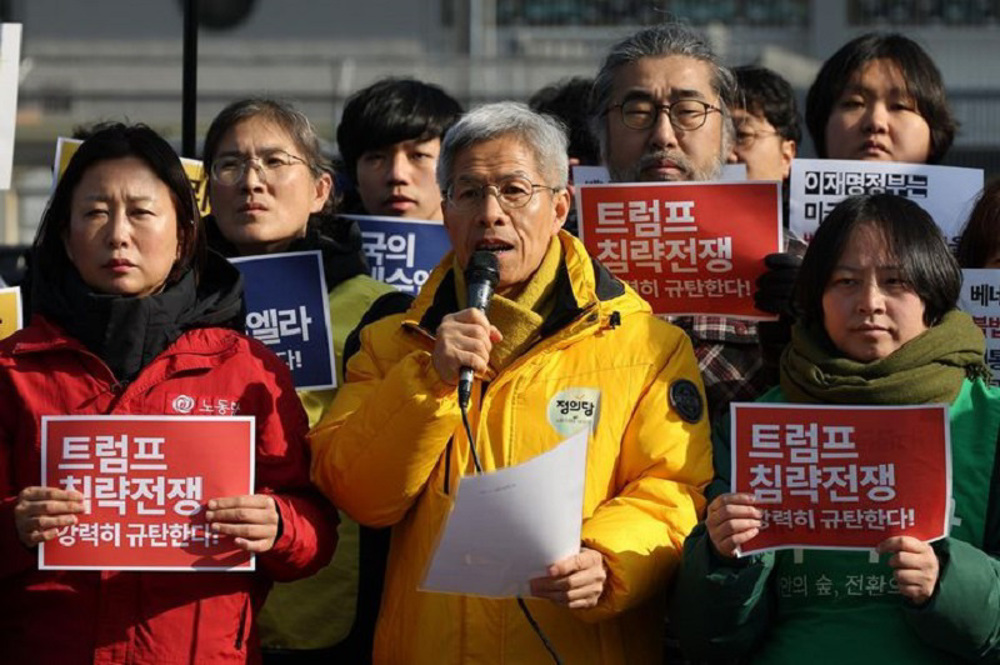



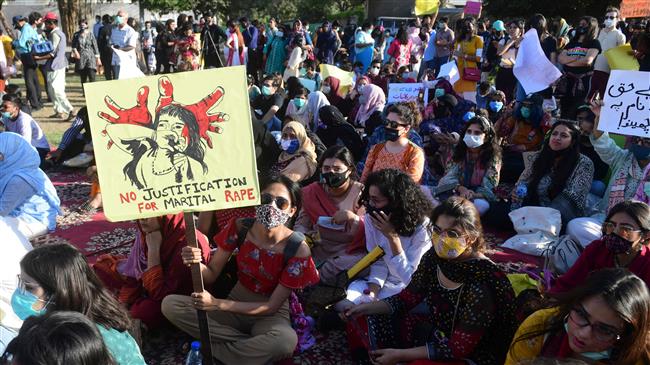
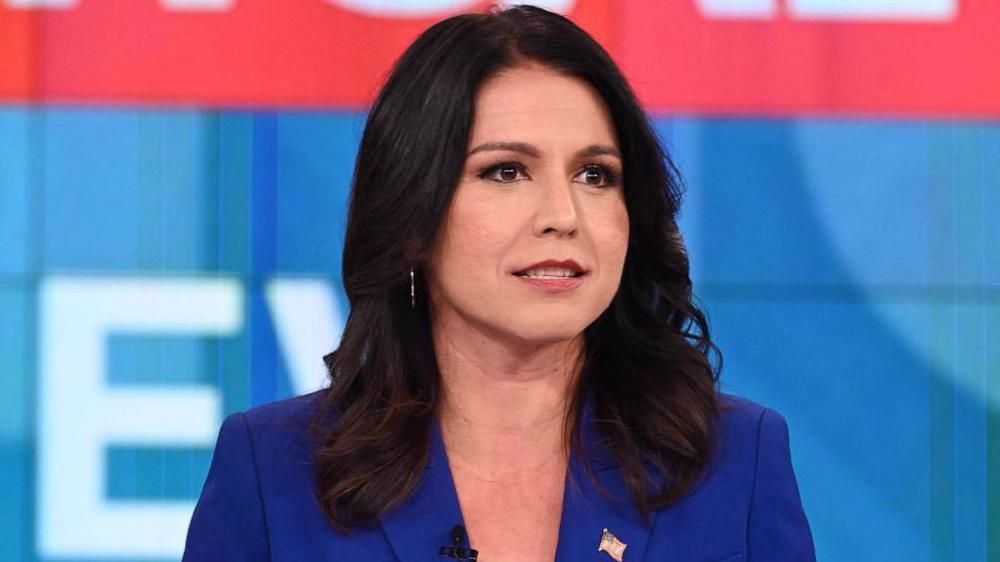

 This makes it easy to access the Press TV website
This makes it easy to access the Press TV website